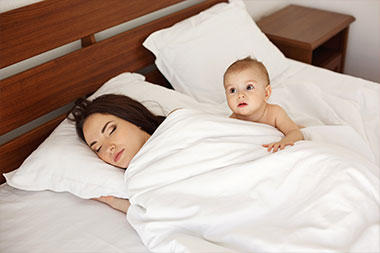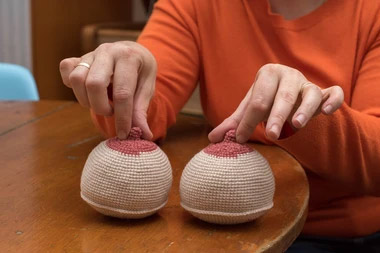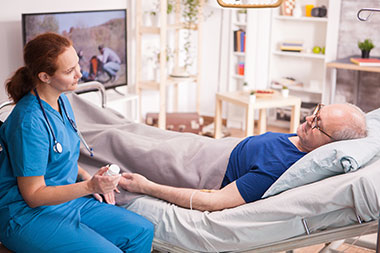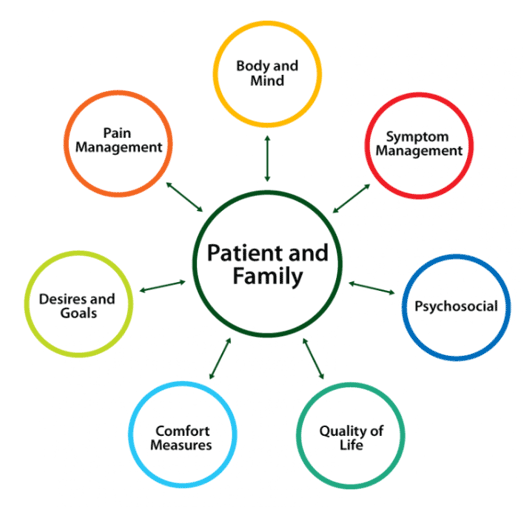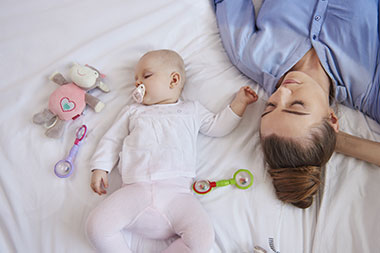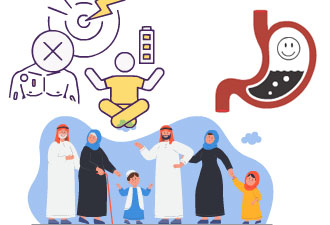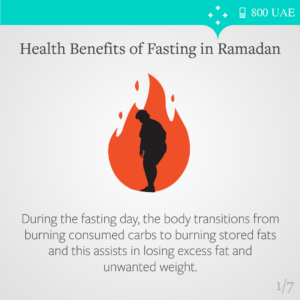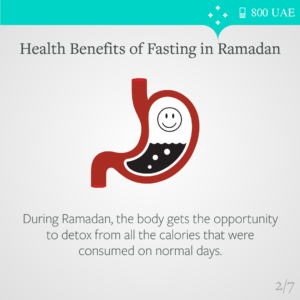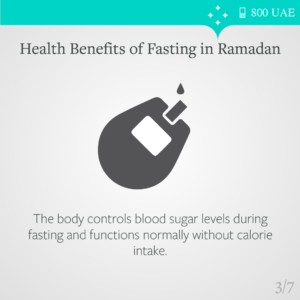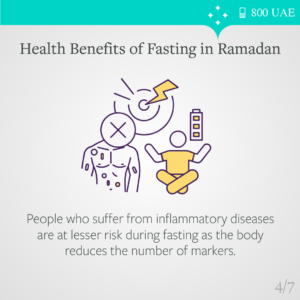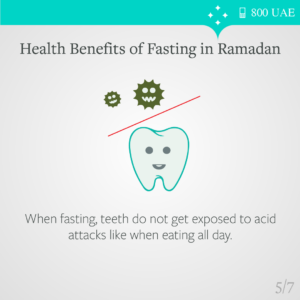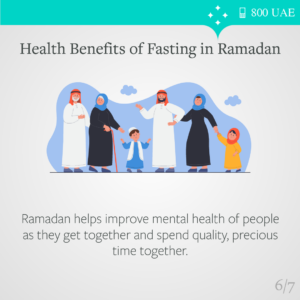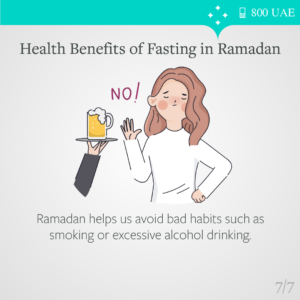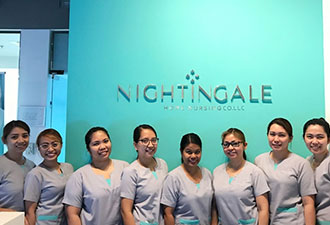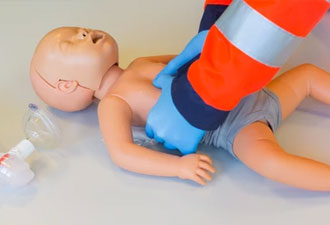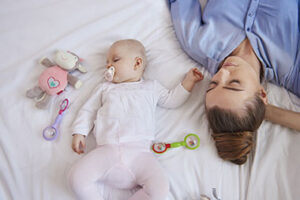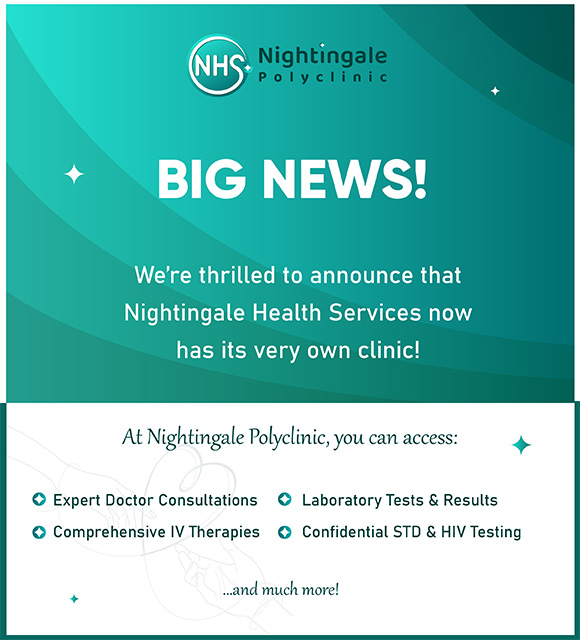To coincide with Spinal Health Month, Nightingale’s home physiotherapist sheds some light on workplace back pain, reduce spinal issues and the need to focus on prevention rather than cure, especially for entrepreneurs.
Wherever you are reading this, take a look around you. It’s likely you’ll see someone with their neck bent at right angles looking at their phone, hunched over a laptop or slouching in an ill-designed chair. It won’t be long before one of them awkwardly stretches their neck, back or shoulders in an attempt to rid themselves of some form of musculoskeletal discomfort.
Back pain is the leading cause of sick days in the UK and the main reason people are forced to leave the workforce early. According to research, a third of British employees have taken at least one day off work due to back or neck pain in the past year. Nearly a quarter feel it has a negative impact on their working life – and this is before a global pandemic forced people to work from home in unorthodox settings or on poorly suited furniture.
Having treated patients for the past ten years, I’ve noticed an increasing trend of business owners, particularly SMEs, investing in preventative care for themselves and their employees rather than let their business be impacted by long and often repeated periods of absence.
Generally speaking, desk-based workers using computers are more susceptible to neck pain and lower back pain, although there are many related musculoskeletal conditions that arise from spending significant portions of the day in the same position.
For entrepreneurs and start-ups, many of these issues are exacerbated by the twin issues of stress and, particularly in the UAE, air-conditioning. There is a clear link between stress and a tightening of the muscles, especially those around our shoulders and down our spine, and this can lead to a painful condition known as Tension Myositis Syndrome. Similarly, cold air causes muscles to contract, and prolonged exposure – especially when sleeping in an overly chilled room – can further aggravate these problems.
These types of musculoskeletal conditions tend to build up over time and, left unattended, can get to the point where they start to become significantly detrimental to the patient’s health. Preventative treatment with a physiotherapist aims to avoid this buildup of mechanical stress on the body and avoid the painful episode entirely.
Act now, save long-term
I advise organisations to obtain guidance on correct workplace setup and habits, especially with desk-bound employees. Most companies give at least some basic guidance on this front but not all invest in giving their staff adequately supportive chairs, desks and equipment to reduce the mechanical stress. Again using UK figures, we know that just 23 percent of employees had been offered advice or tips by their employer on how to sit at their desk – and only six percent report they are actively encouraged to move around to alleviate the issue. If you / your company need advice on work place ergonomics, get in touch with us.
For employers looking to go the extra mile to prevent workers’ neck and back pain, it may be worth commissioning external specialists to assess and advise the best ergonomic furniture and setup for the staff to suit the nature of their work.
There are also several tech options for businesses to consider when looking after their staff’s back health. In this modern age, several accessories are available to promote healthier working, from adjustable screen stands to standing desks or active seating which encourages the use of your core muscles when sitting.
Likewise, employers can consider initiatives such as Step Jockey, an app that “nudges” staff to move a little more each day. A healthier ethos in the corporate culture may prove beneficial in empowering employees to take breaks from their desk and stay active, for example by organising lunchtime walks or offering gym incentives to personnel.
The employed can also adopt healthier habits to encourage preventative care while in the workplace. It may seem simple, but an instruction to keep moving might be the best. If your job leaves you sedentary for long periods of time, make it a point to take breaks and move your joints and muscles at least every half hour. Find opportunities to stand up and, better yet, walk around like when on the phone. Try and customise your workstation to fit your dimensions; consider the height of your screen, your back support and the height of your knees so that you are seated in a comfortable position.
This is especially important for entrepreneurs and small business owners. You may feel like you have to be over your laptop 24 hours a day, but taking breaks, getting exercise and finding the best furniture is probably the best investment in your business you can make.


